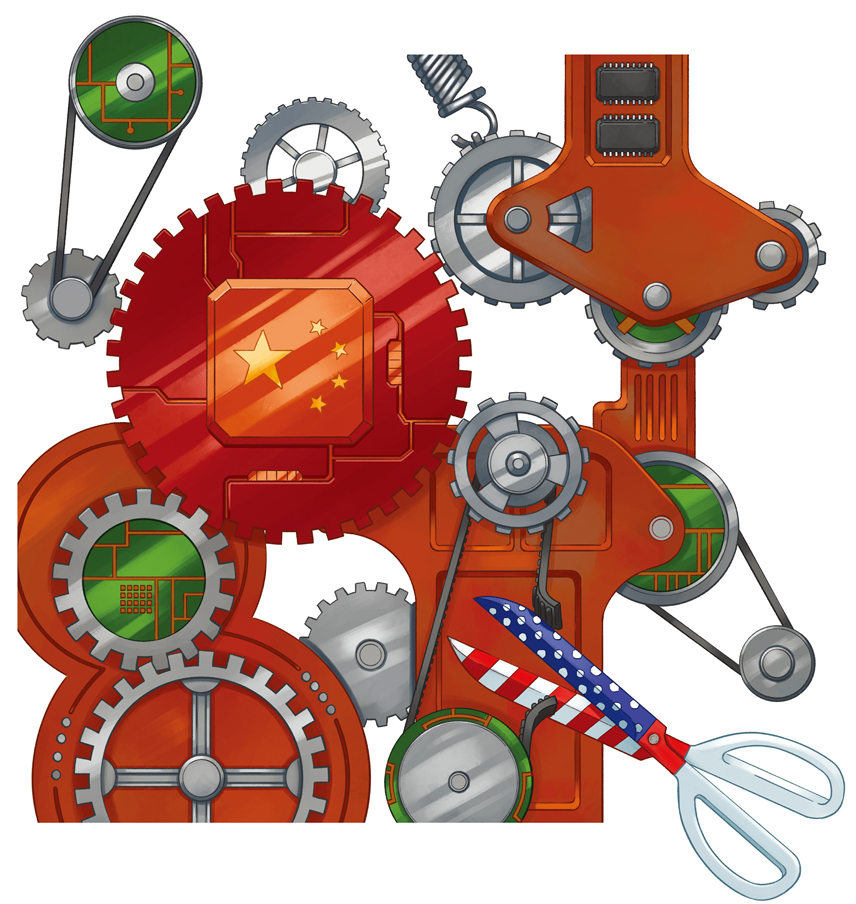“Are all search engine results for sale?” asked a Chinese web user after CCTV revealed in a number of reports that leading search engine Baidu.com mixed paid and unpaid search results. Brian Viard, professor of strategy and economics at CKGSB explains that this was perhaps revelatory news for inexperienced web users in China.
In America, search engines clearly distinguish paid and unpaid search results. The manipulation of organic search results was a feature of an immature search market. That this happens in China is not too surprising to those familiar with search markets.
The real story is why CCTV reported this and what this can tell us about the Chinese media environment. The saying, “there are no permanent friends, only permanent interests” illustrates the on-and-off relationship between CCTV, the state-owned national television network, and Baidu.com, Inc, China’s most popular search engine.
In the past Robin Li, CEO of Baidu, was an honored guest on CCTV’s New Year Gala to celebrate Spring Festival, which reaches an audience of nearly one billion people; however, years later, Li has become a target of CCTV leadership.
To understand this turn of favor, it is helpful to examine why CCTV would be interested in highlighting rigged search results.
ONGOING BEHAVIOR
In August this year, CCTV reported on Baidu’s paid results issue. According to the report, a salesperson from Baidu suggested to an undercover reporter, who wanted to promote his fake weight-loss website, to register a mechanics website to avoid disqualification due to the less sensitive nature of such a website. Then the website administrators could freely set keywords with information related to weight loss drugs.
It was not the first time fake search results have been discovered on Baidu.com. In 2008, CCTV broke the news that Baidu displayed paid results for illegal medical companies. After the report in 2008, Baidu’s stock price declined more than 30% in the NASDAQ.
The listing of paid results for illegal pharmaceutical outlets was not the only objectionable practice at Baidu. Yet again in 2009, CCTV did a report on Baidu’s pornographic website links.
TIMING & RESPONSE
“The timing of [the 2008] report is shortly after the tainted melamine milk safety issue,” explained Viard. According to him, the “fake or harmful” medical products listed on Baidu may be similar to the issue of milk safety, and so the government may think it is a widespread problem. In the eyes of officials, Baidu also faces quality control problems.
Curiously, Viard pointed out, Baidu has dramatically increased advertising on CCTV as a response after the issue reported.
According to a financial report from the first quarter of 2009, Li Xizhe, CFO of Baidu said on April 27, 2009 that there was RMB 40 million in marketing expenditures, and most of them were allocated for CCTV.
MONOPOLY
The search engine market in China is quite different from that in the United States in terms of user base and firms’ reputations, government and private forces, and Baidu has monopolized the search market, especially after Google withdrew from the Chinese mainland market.
According to figures provided by consulting firm Analysys International in June this year, 86.8% of the 28.9 billion searches took place on Baidu, followed by Google, which had 6.8% of market share. Analysts say Google’s market share has declined as it moved its China Internet search service to Hong Kong due to a dispute with the government over censorship in 2010.
In mainland China, state-owned People’s Daily and Xinhua News Agency launched their own search engines, but they have not yet gained sizable market share.
If a rival does not rise to challenge Baidu, marketers will begin to re-examine the way they allocate online spending, said David Wolf, CEO of Wolf Group Asia, a Beijing-based management advisory firm. “Whereas with two major players the question was, “Which search engine do we choose for our online campaign?” with a single major search site, marketers will ask, “How much should we allocate to search?” or indeed “Why are we even spending on search?” said Wolf.
The search market in China is still in its infancy, according to Viard, but Baidu has taken steps to reform their search results. Advertisers can still enjoy paid ads disguised as organic search results but for sellers of more controversial products or material, there is now a clear delineation.
















